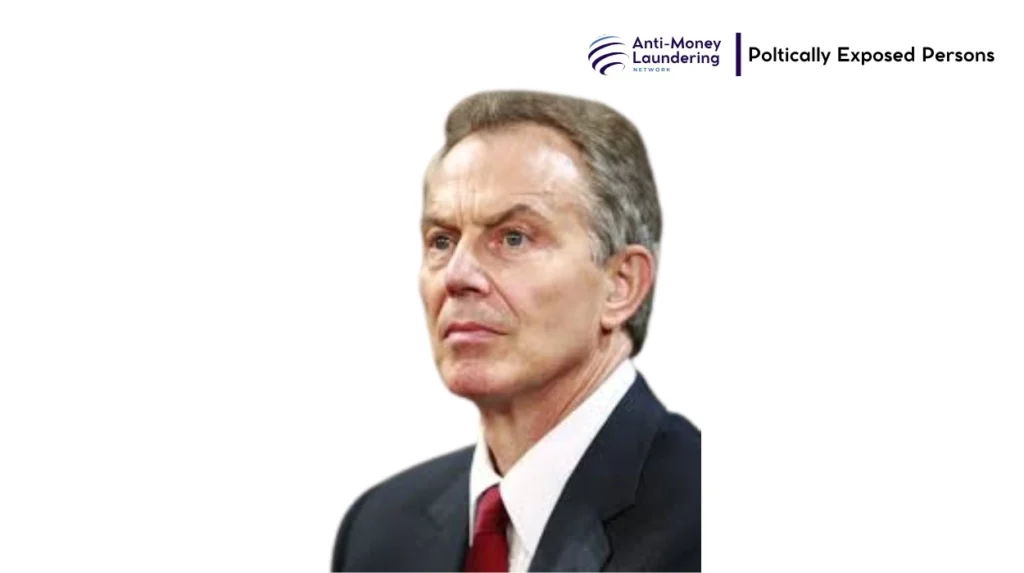Tony Blair’s political legacy is marred by persistent controversies revealing a pattern of exploiting elite networks and systemic loopholes to obscure financial dealings. Notably, the Cash-for-Honours scandal exposed how political donations and loans under his watch blurred the lines between public service and personal gain, undermining transparency. Additionally, the Pandora Papers uncovered Blair’s use of offshore structures to evade taxes on property purchases, highlighting how Britain’s political elite can leverage power to shield wealth and evade accountability. These events spotlight the broader failings of the British political system, which often enables impunity and protects influential figures from full legal and public scrutiny.
Tony Blair, former UK Prime Minister, exemplifies how politically exposed persons in Great Britain can exploit their positions to circumvent transparency and tax obligations, particularly through offshore financial structures. While direct evidence of laundering is absent, credible leak documents like the Pandora Papers reveal sophisticated use of offshore companies to reduce tax liability, a common facilitator in financial misconduct and money laundering globally. The Labour Party’s Cash-for-Honours affair further highlights systemic vulnerabilities in British politics that permit high-ranking officials and their networks to operate with significant impunity, eroding public trust and enabling the enrichment or protection of elites. The UK’s political and legal framework has shown reluctance to impose sanctions or enforce stringent transparency, reinforcing perceptions of shielding powerful figures from financial scrutiny.

